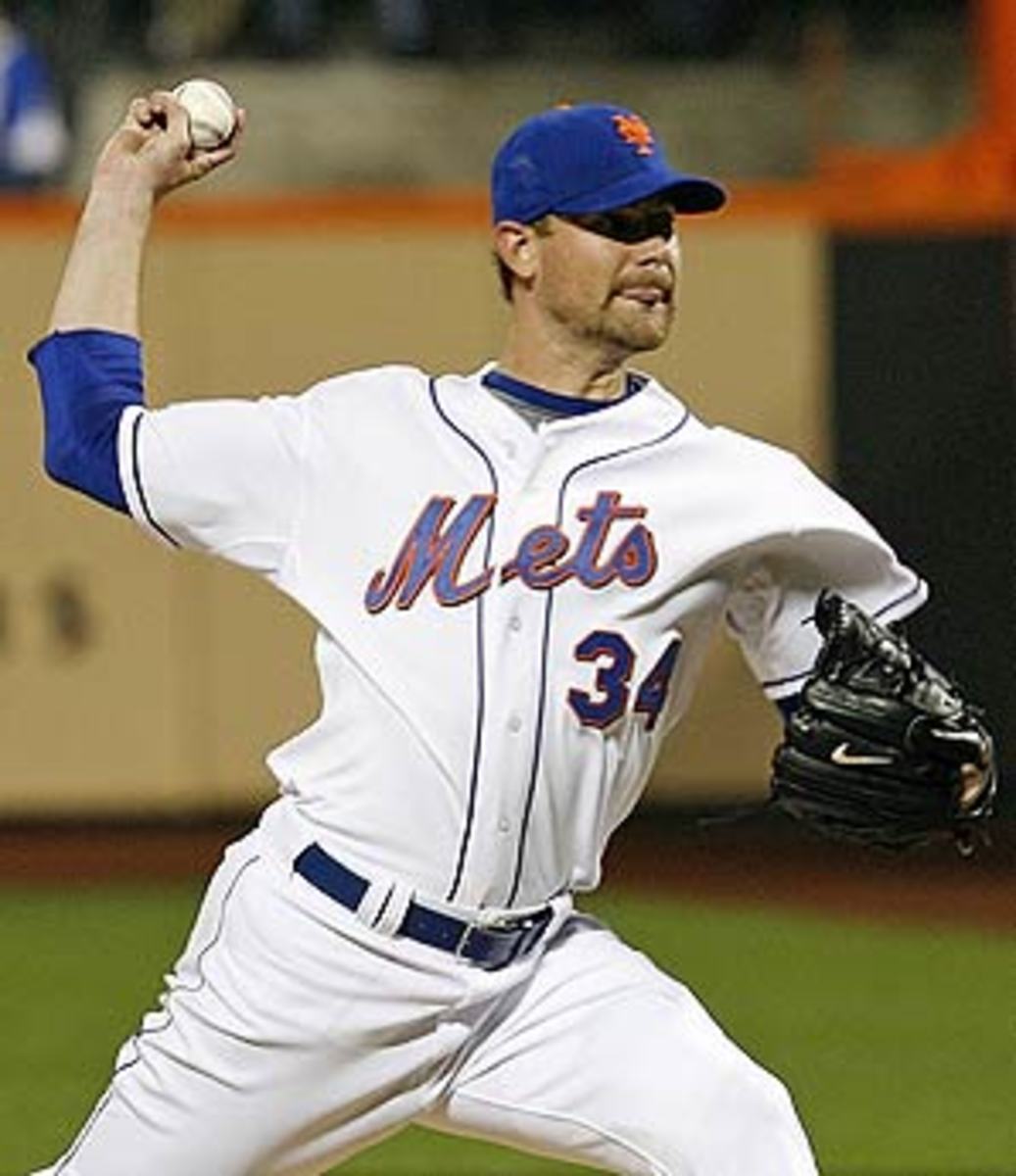Why early each baseball season brings out the alarmist in us all
Baseball is a yawn, not a sneeze.
Which is to say, relax. Stretch your arms and take a deep breath. Even close your eyes for a minute or two. Trust me, it'll be here when you get back. I promise.
We are now approximately 20 percent into the 2010 season, meaning we have absolutely, positively no idea how this thing will end. Actually, scratch that -- we have some idea how this thing will end. The Baltimore Orioles will finish in last, Ichiro will hit .330, Albert Pujols will win an MVP trophy, stadiums will charge $35 for T-shirts and large sausages will dash through Miller Park.
In the grand scheme, however, baseball is the sporting world's mystery/thriller -- a little Arthur Conan Doyle, a dash of Wilkie Collins, a smidge of Umberto Eco. Unlike the NFL, where every game carries tremendous weight and the patterns of Week 1 are directly connected to those of Week 16, the deepest meanings of a Major League season cannot be extracted from a month or two of work.
Or, in other words, calm the heck down.
The Toronto Blue Jays are not going to contend for the American League East. The Boston Red Sox are not a .500 team. Austin Jackson, Detroit's rookie phenom, almost certainly won't hit .371, just as Mark Teixeira, the Yankees' otherworldly slugger, almost certainly won't hit .202. Perhaps Mike Pelfrey, the Mets' perennially frustrating righthander, has finally "figured it out." But will his 4-1 start translate into 26-4? Uh ... no. When an overexcited announcer begins a broadcast by bellowing, "Welcome to the biggest series of the year!" keep in mind that -- until last weekend's opening of Iron Man 2 -- the biggest cinematic debut of the season was the A Nightmare on Elm Street remake starring David Cassidy's daughter.
For some reason, baseball brings out the crazy alarmist in us all. When I say us, I mean -- quite literally -- us. Three weeks ago, I submitted a column to my editors on why the New York Mets are the worst organization in baseball, and how general manager Omar Minaya and manager Jerry Manuel must both be permanently banished to the bell towers of Plovdiv.
Here is a snippet of my fine work: "In the 2010 New York Mets, we have found the ultimate summer blockbuster gone to crud. We have also found the worst franchise in baseball. Blessed with the league's fifth-highest payroll and a roster featuring myriad All-Stars, the Mets have defied the odds by -- barely two weeks into the season -- permanently falling out of the N.L. East race."
That column was submitted in the late hours of Wednesday, April 21. The following morning, my editor called, noting that the piece seemed a bit, ahem, irrational, and would not run. That evening, the Mets beat the Cubs, 5-2. Then they won again. And again. And again. And again. And again. And again. And again. As you read this, the Mets are 17-14 and two games behind the Philadelphia Phillies in the National League East. If they are the worst franchise in baseball, it is only because the Orioles and Royals and Pirates (and roughly 15 other franchises) have been reassigned to Triple A.
So why do we fall for this? Why does the baseball version of the ol' banana peel trick slip us up again and again and again? Much credit must be given to the ever expanding (and mystifying) impact of fantasy baseball, where a player's trends and statistics are analyzed to the 100 millionth degree. Whereas once upon a time a slump was merely a slump, nowadays it's an affliction, much akin to a flesh-eating virus. If Josh Hamilton, for example, hits a 2-for-20 dry spell, he is immediately dumped and replaced by the hottest available bat -- even if that comes in the form of, say, Matt Treanor. Meanwhile, as soon as a pitcher puts together two quality starts, he is hailed as the new Tim Lincecum.
Why, just yesterday, while driving from Point A to Point B, I caught Michael Kay, the Yankees' excellent announcer, blathering away on ESPN Radio about how the Red Sox are dead and buried. He cited all the team's flaws -- a diminished bullpen, the power-sapped David Ortiz, no Jason Bay or Manny Ramirez -- then followed with, "They'll still win 90 games, but they're not very good."
Which, of course, makes no sense.
Which, of course makes perfect sense.
In May.






